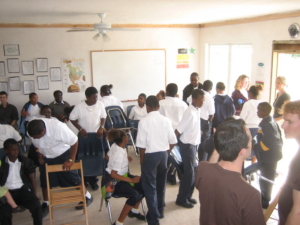 The Bahamas, a nation known for its stunning beaches and vibrant culture, faces unique challenges and opportunities in its higher education system. While poverty poses significant barriers, ongoing efforts and systemic strengths offer hope for a brighter future.
The Bahamas, a nation known for its stunning beaches and vibrant culture, faces unique challenges and opportunities in its higher education system. While poverty poses significant barriers, ongoing efforts and systemic strengths offer hope for a brighter future.
Low Graduation Rates Pose Challenges
The Bahamas struggles with worryingly low graduation rates at the university level due to socioeconomic factors, academic challenges and other circumstances. Additionally, only 7% of students at the University of The Bahamas are studying science and technology-related courses. This lack of focus on key fields limits the country’s ability to diversify its economy, leaving the tourism sector the dominant growth driver.
Poverty as a Barrier to Access
Approximately 25% of households in The Bahamas experience poverty, especially those led by individuals with no formal education. Many families cannot afford the costs associated with university or college attendance, including fees, books and living expenses.
Limited scholarship opportunities and financial aid programs mean students from disadvantaged backgrounds often do not pursue higher education entirely. Ultimately, this deepens social inequality and prevents talented individuals from underserved communities from reaching their full potential.
A Structured Education System With Potential
The Bahamian education system, modeled after the British framework, provides a structured pathway to higher education. Students complete The Bahamas General Certificate of Secondary Education (BGCSE) before pursuing advanced studies at institutions like the University of The Bahamas.
However, The Bahamas has only one public university, making it highly competitive for students, especially those from low-income households, who cannot afford to study in private institutions or abroad.
Growing Educational Attainment Offers Hope
Despite challenges, the higher education system in the Bahamas is progressing. The percentage of Bahamians aged 25 and older with at least a bachelor’s degree has risen steadily, reaching 15% in 2010 from 0.3% in 2000.
While still low compared to global standards, this upward trend reflects increasing access to higher education and a growing recognition of its value.
Future Opportunities Through Innovation and Investment
The future of higher education in The Bahamas is promising, with opportunities to overcome poverty-related barriers through innovation and investment. The government and private sector are exploring partnerships to fund scholarships, improve infrastructure and integrate technology into classrooms.
These efforts aim to equip students with the skills needed for a more diversified economy beyond tourism.
A Path Forward
Higher education in The Bahamas faces significant hurdles, particularly for students experiencing poverty. Yet, the nation’s structured system, rising attainment rates and commitment to innovation provide a foundation for hope.
– Sydney Carr
Sydney is in San Diego, CA, USA and focuses on Good News for The Borgen Project.
Photo: Flickr
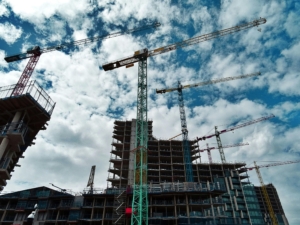

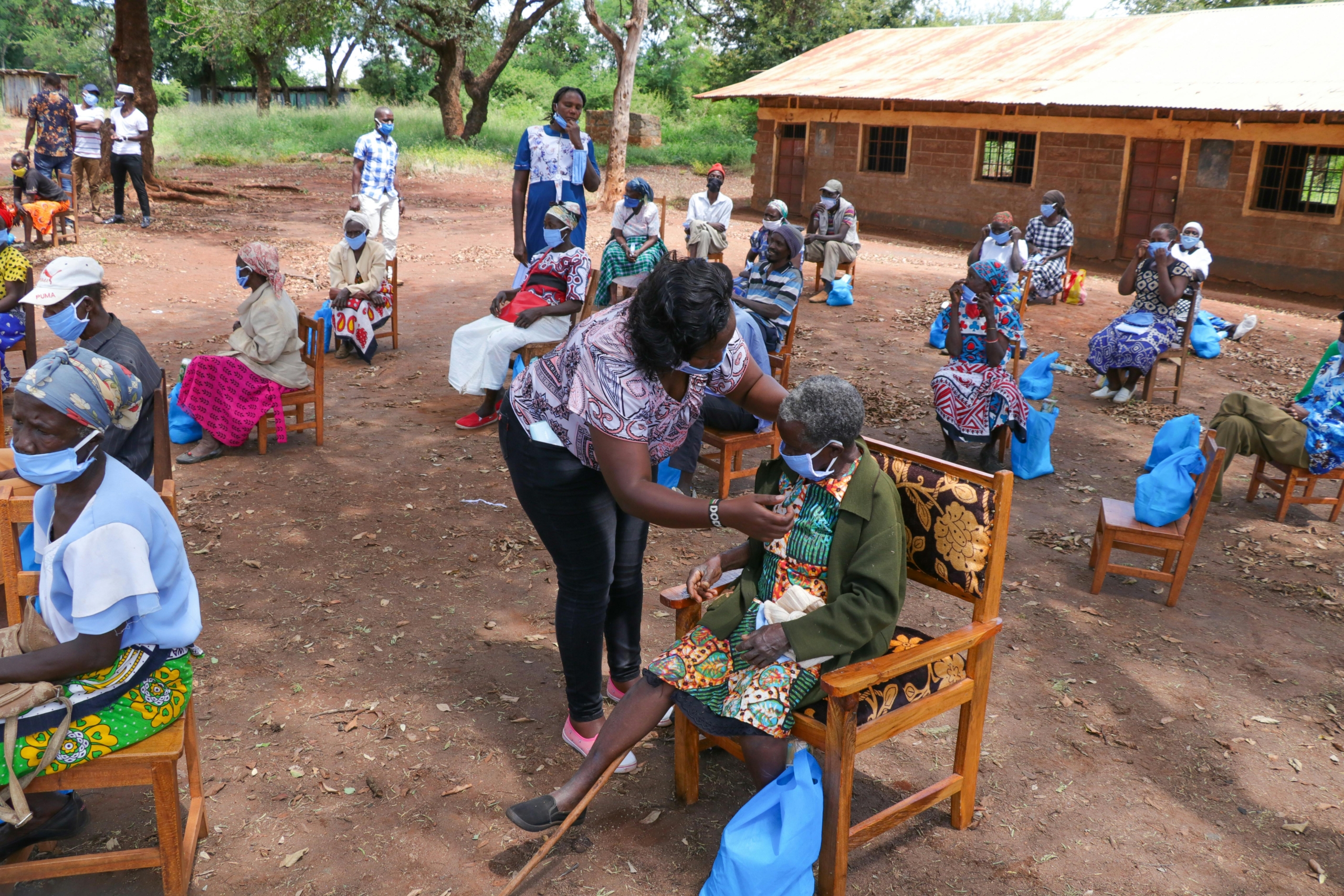
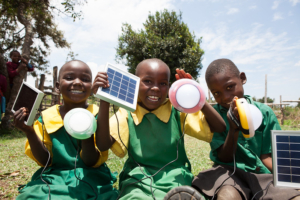 In July 2022, the World Bank announced a
In July 2022, the World Bank announced a  There are numerous reasons to invest in foreign aid in general. That can include partaking in growing the global economy, promoting international human rights and opening donor countries to potential investment returns. What makes Brazil a particularly good market to invest in is its promising role in the global economy. There are several reasons why investing in Brazil is beneficial.
There are numerous reasons to invest in foreign aid in general. That can include partaking in growing the global economy, promoting international human rights and opening donor countries to potential investment returns. What makes Brazil a particularly good market to invest in is its promising role in the global economy. There are several reasons why investing in Brazil is beneficial. Silk Invest is a private equity firm founded in 2008 that invests in emerging markets that demonstrate the potential for long-term economic growth. The largest private equity fund managed by the firm is called The Silk Africa Food Fund. Investments made from this fund target companies involved in food processing and distribution throughout Africa.
Silk Invest is a private equity firm founded in 2008 that invests in emerging markets that demonstrate the potential for long-term economic growth. The largest private equity fund managed by the firm is called The Silk Africa Food Fund. Investments made from this fund target companies involved in food processing and distribution throughout Africa. African markets claim
African markets claim 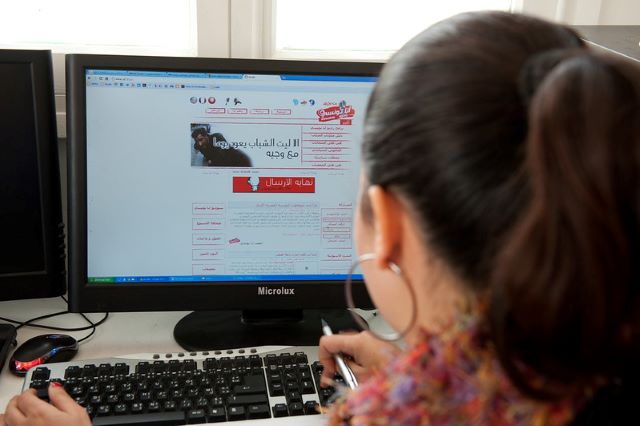 Unemployment in Greece has remained a concern among Greeks since the financial crisis that devastated the economy. During the financial crisis, the Greek economy experienced a 25% decline. While the economy has attempted to recover, the economy continues to experience the impact of the financial crisis, and now the COVID-19 pandemic, which is
Unemployment in Greece has remained a concern among Greeks since the financial crisis that devastated the economy. During the financial crisis, the Greek economy experienced a 25% decline. While the economy has attempted to recover, the economy continues to experience the impact of the financial crisis, and now the COVID-19 pandemic, which is 
